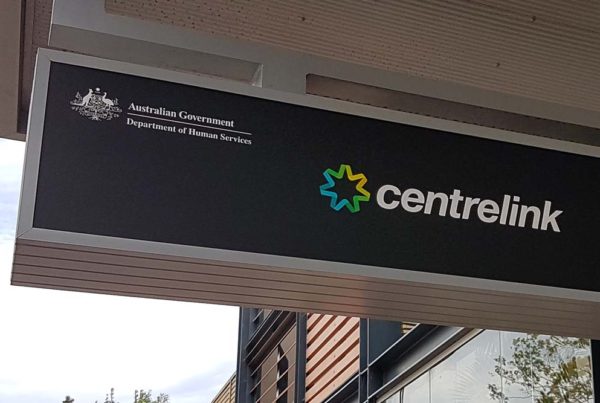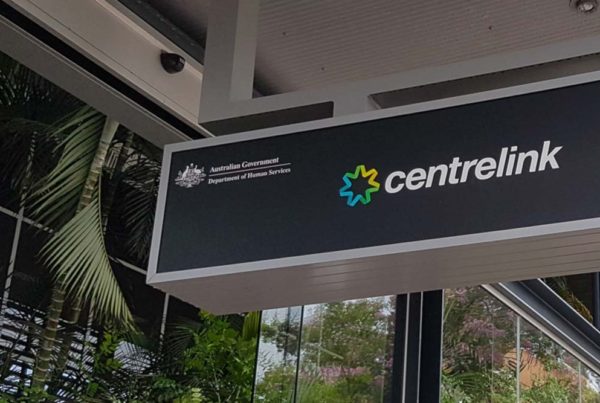 Australians are famously known to be enthusiastic early adopters of new technologies.
Australians are famously known to be enthusiastic early adopters of new technologies.
Despite, or because of, the challenges of our geography we had the highest penetration rates of analogue mobile phone systems and are leading to world in take-up of swipe-card payment systems.
Whether you call it ‘contactless’, ‘PayWave’ or ‘swipe-to-pay’, the convenience of passing a card over a wireless reader clearly outweighs residual concerns about privacy or security for an increasing proportion of the population.
However, it can often be the case that strong take-up of one generation of technology can impede the adoption of the following one.
In France in the 1980s the Minitel online information service was both ubiquitous and world-leading yet it’s dominance reduced the take-up in that country of the upstart ‘World Wide Web’ a few years later. Similarly, the popularity of swipe-card payments in Australia has somewhat dampened early enthusiasm for mobile-device payment systems such as ApplePay and Android Pay.
It is clear that mobile wallets will gain traction over time and some Australian jurisdictions have already incorporated mobile payment capabilities into their service offerings but, given the rapid rate of technological change, governments must balance reducing the transactional friction for their citizens with ensuring they don’t invest scarce resources in a transient technology that is rapidly superseded.
London is widely regarded as a leader in many aspects of its transportation system and the ability to charge fares to mainstream credit-cards, that the traveller is already carrying anyway, has proven extremely popular with both locals and overseas visitors.
The decision of NSW transport to follow the London’s lead, and implement credit card support to gradually replace Sydney’s Opal travel card, is a sensible step in adopting generic, standardised payment systems. It also has the attraction of utilising a process – credit-card swipe-to-pay – that Australians have overwhelmingly shown themselves to be comfortable with in other scenarios.
Of course, simply installing the required hardware and software does not necessarily ensure public acceptance and uptake.
Canberra has undertaken significant deployments of mobile-device pay parking in many of its city car-parks.
The ability to pay instantly, remember common used locations and vehicles, obtain consolidated tax receipts and obtain text alerts to avoid fines for over-staying would seem to present a compelling bundle of user benefits for most motorists, especially in a city with a highly educated and affluent population who are avid users of technology.
Yet, at 9am every morning there are still lines of people queued at Canberra parking meters – the overwhelming majority of whom have a smartphone in their pocket. To date, adoption is lower than one would have anticipated due both limited marketing of the solution, and the perceived complexities in needing to download two mobile apps to ensure all potential parking venues are covered.
This reinforces the need for governments to anticipate and address the social and cultural factors that impact citizen engagement and the utilisation of new systems. Not only do governments need to ensure the solutions are robust, reliable and secure and deliver a tangible functional benefit to the customer, but they also need to devote considerable resources to appropriate ongoing public relations campaign to ensure that those aspects are clearly and widely appreciated.
Al Blake is principal analyst, government technology at Ovum.
ABOUT OVUM
Ovum is a leading global technology research and advisory firm. Through its 180 analysts worldwide it offers expert analysis and strategic insight across the IT, telecoms, and media industries. Founded in 1985, Ovum has one of the most experienced analyst teams in the industry and is a respected source of guidance for technology business leaders, CIOs, vendors, service providers, and regulators looking for comprehensive, accurate, and insightful market data, research, and consulting.
With 23 offices across six continents, Ovum offers a truly global perspective on technology and media markets and provides thousands of clients with insight including workflow tools, forecasts, surveys, market assessments, technology audits, and opinion. In 2012, Ovum was jointly named Global Analyst Firm of the Year by the IIAR.
Ovum is a division of Informa plc, one of the leading business and academic publishing and event organisers globally, headquartered in London. Informa is quoted on the London Stock Exchange.
View Ovum Profile




